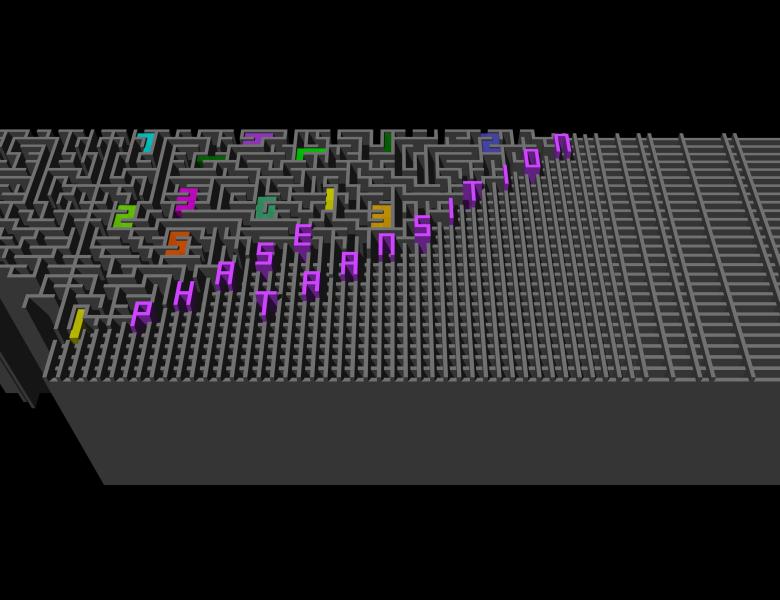
Abstract
How can we color the vertices of a graph by a local rule based on i.i.d. vertex labels? More precisely, suppose that the color of vertex v is determined by examining the labels within a finite (but perhaps random and unbounded) distance R of v, with the same rule applied at each vertex. (The coloring is then said to be a finitary factor of the i.i.d. labels). Focusing on Z^d, we investigate what can be said about the random variable R if the coloring is required to be proper, i.e. if adjacent vertices must have different colors. Depending on the dimension and the number of colors, the optimal tail decay is either a power law, or a tower of exponentials. I will briefly discuss generalizations to shifts of finite type and finitely dependent processes.
Based on joint work with Oded Schramm and David B Wilson.


